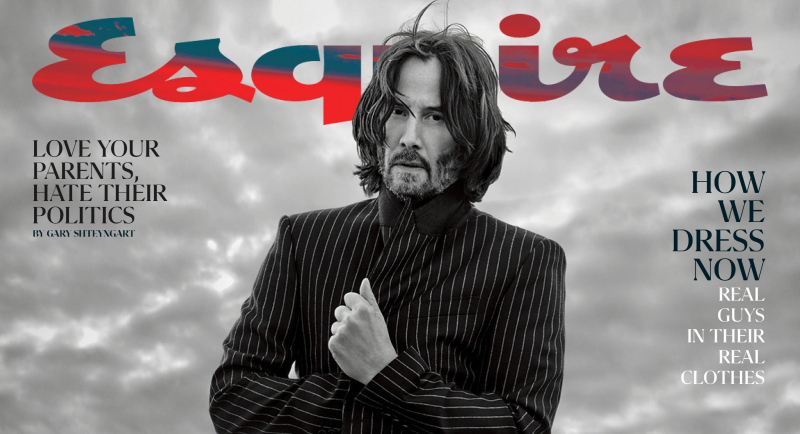Esquire
Esquire is a monthly magazine published in the United States of America. It was created in 1932 by Arnold Gingrich. The brand started as an enormous men's magazine with a sleek, sophisticated layout, featuring illustrations of barely clothed young ladies. It eventually abandoned its titillating nature but maintained an impression of riches and exquisite taste.
.
The early notoriety of Esquire stemmed from a famous lawsuit. In 1943, Frank C. Walker, the United States governor general, attempted to revoke Esquire's second-class postal privileges (a financial rate generally considered necessary for a magazine's survival) on the grounds that the magazine was "not devoted to useful information" and thus did not qualify for the mail subsidy. Gingrich and his allies objected, mobilizing prominent authors in their support; he sued Walker and won his case eventually in 1946.
.
Esquire was a forerunner in its exploration of unusual subjects and feature pieces. It gave a platform for emerging fiction and nonfiction authors. Moreover, its topical content, satirical humor, and movie reviews filled a hole in the American market between literature and opinion journals. While the magazine retained an emphasis on men's clothes and advertising, Esquire slowly morphed into a more general-audience brand.
.
Founded in: 1932
Country: United States
Estimated annual revenue: $25M
Website: https://www.esquire.com/












